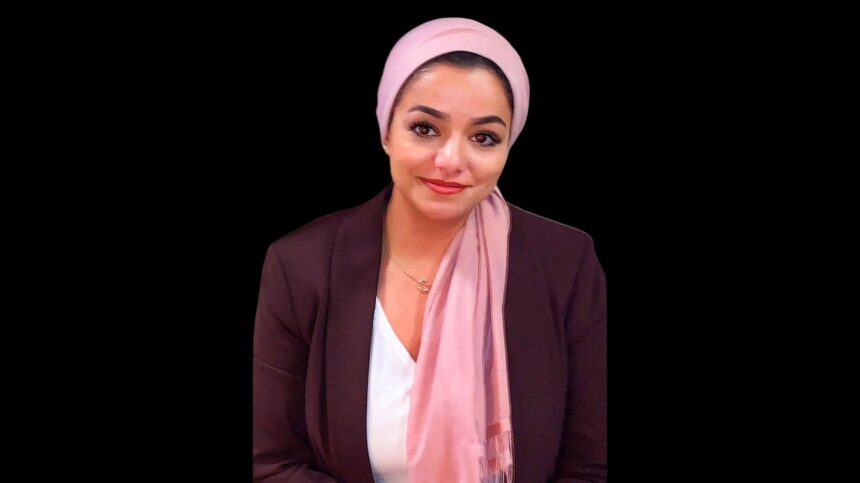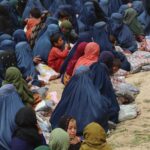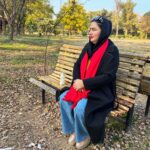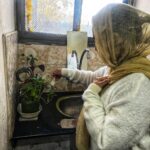In this episode of The Afghan Times Podcast, we welcome Wazhma Sayel, a young woman from Kunduz, Afghanistan.
Listen now
“They say what lies behind us and what lies before us are tiny matters compared to what lies within us,” says Wazhma Sayel, an Afghan refugee turned advocate for women’s rights.
“For me, what lay within was the unyielding hope of a better tomorrow.”
Wazhma Sayel
Born into a Pashtun family in Kunduz, Afghanistan, Wazhma’s life was uprooted by civil war, forcing her family to flee to Pakistan. “As a toddler, I didn’t understand what being a refugee meant,” she says, recounting the hardships of life in exile.
Despite systemic barriers, including being barred from attending Pakistani schools after fifth grade, Wazhma pursued education in refugee schools and broke cultural norms by studying English in a coeducational setting—becoming the first girl in her family to do so.
Financial struggles dashed her dream of becoming a doctor, but she shifted her focus to education, founding the Sunrise English Language Institute. This initiative provided Afghan refugees girls, often denied education, with a safe space to learn and grow. “It was a labor of love,” she says, despite facing backlash for challenging cultural norms.
In 2009, a new chapter began when she joined the Swedish Embassy in Pakistan, a move that symbolized her determination to break boundaries. By 2014, Sahil sought asylum in Sweden, where she earned both bachelor’s and master’s degrees in political science. Today, she uses her platform to advocate for Afghan women’s rights, particularly in light of the Taliban’s return to power.
“The ban on women’s education and healthcare is a tragic injustice,” she emphasizes, urging Afghan women to remain steadfast in their fight for equality. To the international community, she appeals for action: “Afghan women’s courage will light a path through the darkness. Their fight must be ours too.”
Her message is clear: resilience and education are powerful tools for change. “Together, we can write a new chapter for Afghan women—one of empowerment and endless possibility.”








